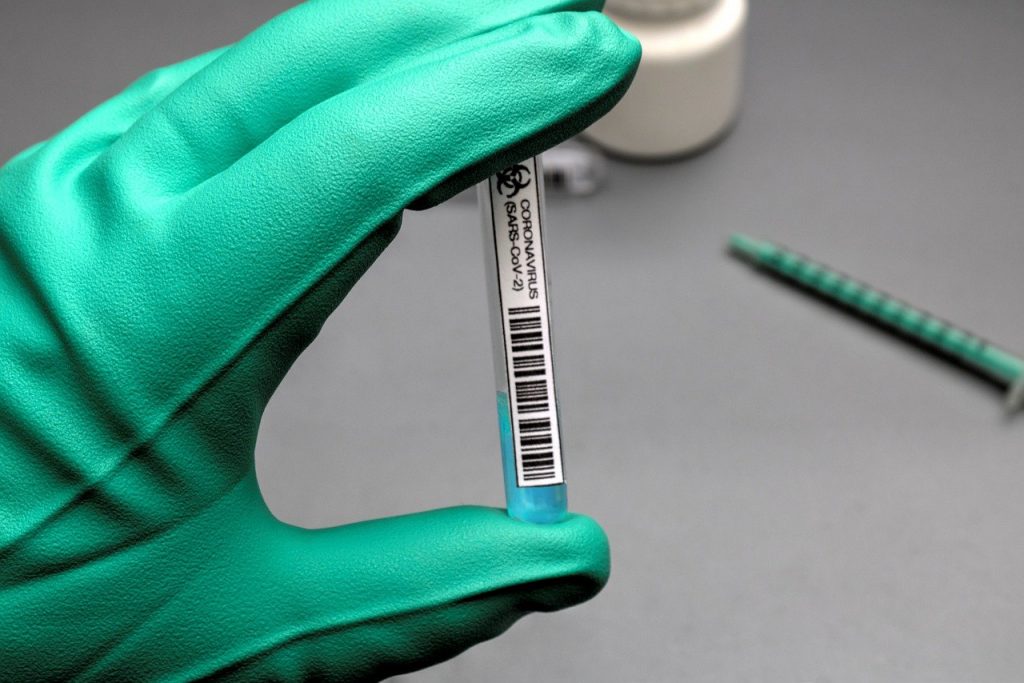Recently CMS (Centers for Medicare & Medicaid Services) announced that they are taking steps to ensure all Americans, including the nation’s seniors, have access to the coverage of COVID-19 vaccine at no cost when it becomes available. This action is going under President Trump’s leadership, the agency, in its turn, shows to the media a plan with proactive measures to remove regulatory barriers and ensure consistent coverage and payment for the administration of an eventual vaccine for millions of Americans.
Also, CMS released some recommendations, instructions and toolkits for providers, states and insurers to help the health care system prepare to swiftly administer the vaccine once it is available. The Agency hopes that these steps will increase the number of providers that can administer the vaccine, ensure adequate reimbursement for administering the vaccine in Medicare, while making it clear to private insurers and Medicaid programs their responsibility to cover the vaccine at no charge to beneficiaries. Besides, Centers for Medicare & Medicaid Services will increase reimbursement for any new COVID-19 treatments that are approved or authorized by the FDA (U.S. Food and Drug Administration).
“Under President Trump’s leadership, we have developed a comprehensive plan to support the swift and successful distribution of a safe and effective vaccine for COVID-19,” said CMS Administrator Seema Verma. “As Operation Warp Speed nears its goal of delivering the vaccine in record time, CMS is acting now to remove bureaucratic barriers while ensuring that states, providers and health plans have the information and direction they need to ensure broad vaccine access and coverage for all Americans.”
IFC About Coverage Of COVID-19 Vaccine
Interim Final Rule with Comment Period (IFC) was released by CMS, this rule establishes that any vaccine that receives Food and Drug Administration (FDA) authorization, either through an Emergency Use Authorization (EUA) or licensed under a Biologics License Application (BLA), will be covered under Medicare as a preventive vaccine at no cost to beneficiaries.
“The IFC also implements provisions of the CARES Act that ensure swift coverage of a COVID-19 vaccine by most private health insurance plans without cost sharing from both in and out-of-network providers during the course of the public health emergency (PHE). In anticipation of the availability of new COVID-19 treatments, the IFC also establishes additional Medicare hospital payment to support Medicare patients’ access to these potentially life-saving COVID-19 therapies,” – CMS comment.
Thanks to IFC, hospitals would qualify for additional payments when they treat patients with innovative new products approved or authorized to treat COVID-19, this would help to minimize any losses they may experience from making these therapies available, even if they do not reach the current outlier threshold.
“This rule also allows states to employ a broad range of strategies – based on local needs – to appropriately manage their Medicaid program costs. The guidance and flexibility provided to states in the IFC will help them maintain Medicaid beneficiary enrollment while receiving the temporary increase in federal funding in the Families First Coronavirus Response Act (FFCRA),” – CMS said.
In Addition to These Provisions, the IFC:
- Provides an extension of Performance Year 5 for the Comprehensive Care for Joint Replacement (CJR) model; and
- Creates flexibilities in the public notice requirements and post-award public participation requirements for a State Innovation Waiver under Section 1332 of the Patient Protection and Affordable Care Act during the COVID-19 PHE.
- Along with these regulatory changes, CMS is issuing three toolkits aimed at state Medicaid agencies, providers who will administer the vaccine, and health insurance plans. Together, these toolkits will help ensure the health care system is prepared to successfully administer a safe and effective vaccine by addressing issues related to access, billing and payment, and coverage.
CMS pays attention that they’re also taking continued steps to ensure that price transparency extends to COVID-19 testing during the PHE. Provisions in the IFC require that any provider who performs a COVID-19 diagnostic test post their cash prices online. Providers that are non-compliant may face civil monetary penalties.

